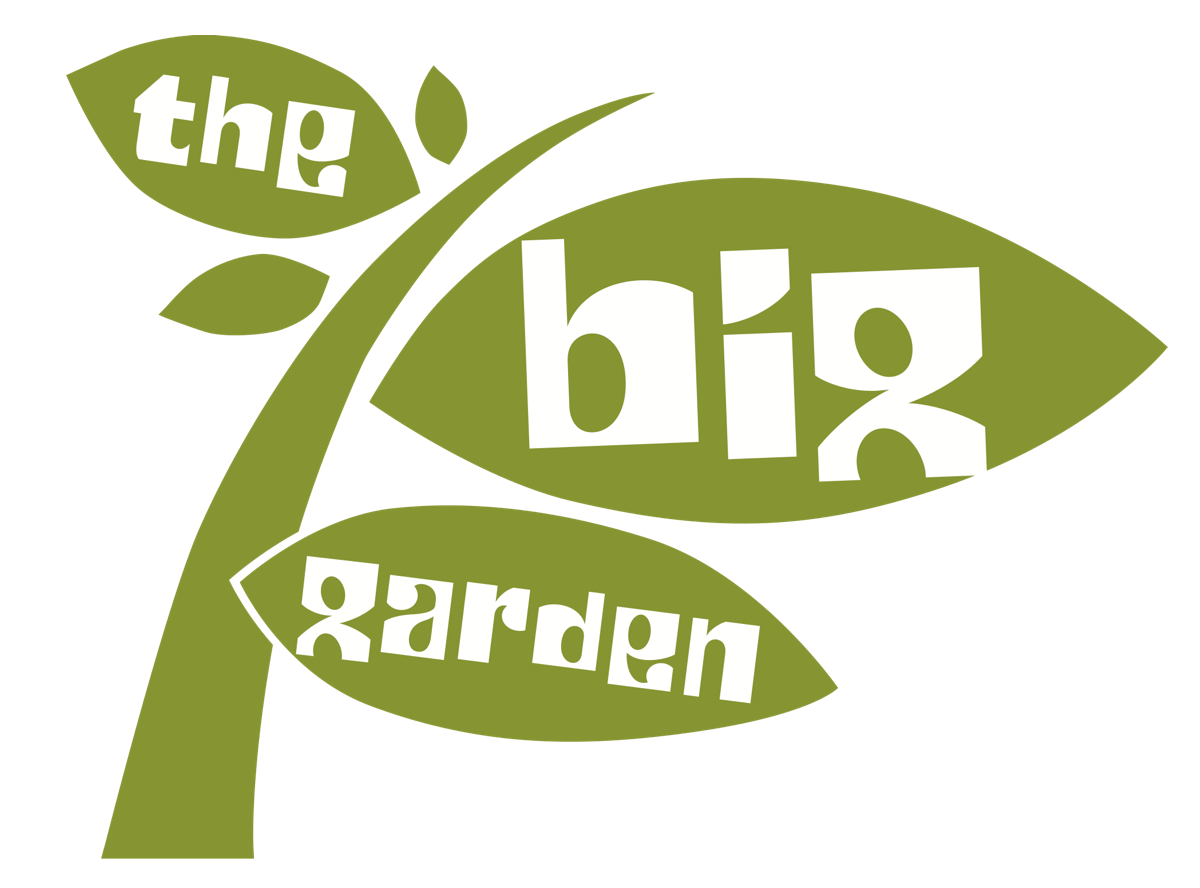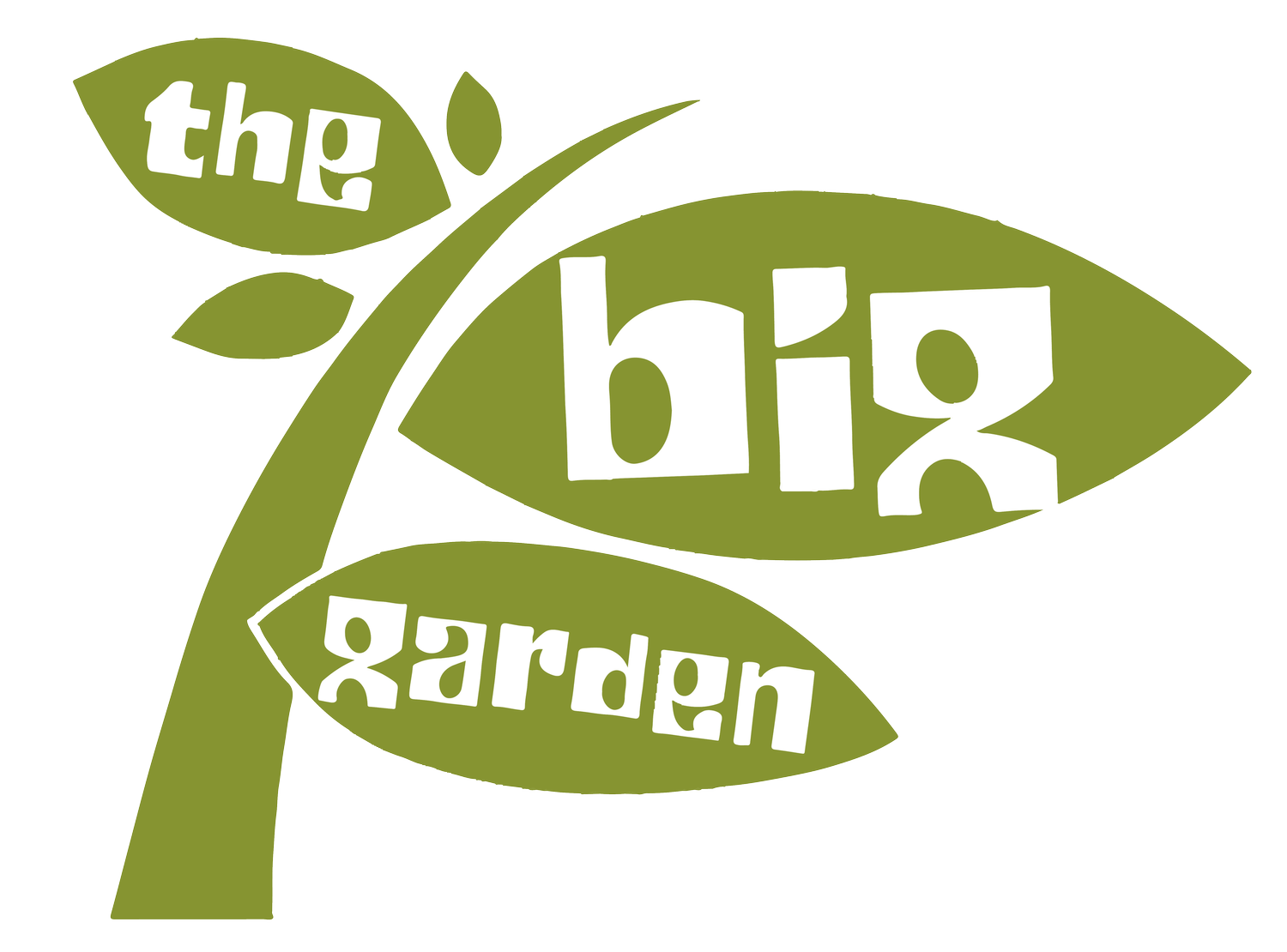The Call of the Seed
by Cait Caughey, Director of Education
I received a scholarship to attend Seed School this past October in Denver with the Rocky Mountain Seed Alliance. This weeklong training brought together farmers, seed activists, and agriculture educators from around the world. This was one of the best trainings I've attended as an educator and farmer. Perhaps that is because I just cannot get over the power of seeds! The leaders of Seed School posed this question: "What is the most powerful technology available to us?”
The answer is seeds.
Here we are today in a face-paced, constantly changing world with the internet and communication devices constantly at our fingertips, yet do any of these technologies or devices have the ability to self-replicate? Do any of these technologies have the potential to adapt and become resilient to our changing environment? If left to their own, would they spread and persevere within constantly changing conditions?
As a farmer I plant seeds, tending and harvesting the crops they bring, but a lot of the time it stops there. At the organic and sustainable agriculture trainings and programs I've attended seed saving as part of a whole farm system isn't even mentioned.
Every winter I drool over seed catalogs (which is totally legitimate, seed catalogs are indeed worth drooling over!), but still the bulk of my farming is reliant on seed sources and seed companies that are not local. Many gardeners purchase "native" plants but these seeds are sourced nowhere near where we live and are, most certainly, not local. We often don't know where our seeds came from, who grew them, or where the farm was located that saved these seeds. It is concerning to learn that some of my favorite seed companies are now outsourcing the labor of seed production to other countries in order to maximize profits. It is concerning to learn that more and more seeds are being patented, making certain varieties illegal to save because they are no longer seeds of the people, but rather seeds that belong to corporations and a select few. What does this mean for resilient farm systems?
When we are talking about regenerative or sustainable agriculture we have to look at creating closed loop systems, hyper-local systems, systems that can be maintained and replicated over and over again with limited outside inputs. We also have to consider how climate change is and will continue to affect food production. Seeds, I believe, are a critical part of addressing this concern, yet the conversation about seeds is often missing. Seeds are resilient. Seeds adapt. When we allow our crops to go to seed, collect that seed, and share that seed with others we hold in our hands genetic material that is specifically formatted to our immediate microclimate(s), to our bioregion, providing us with knowledge that, as a human species, we cannot fully understand.
I remember the first time it crossed my mind to save my own seeds, plucking seed pods off of plants, recognizing that I held in my hand something with the potential to continue again, grow again, create life again. I remember the feeling when friends and family gathered to harvest and thresh seeds at my past farm. It was something of connecting with an ancestral past. I remember crying at the Seed Savers Conference in Decorah, Iowa as I listened to Rowen White speak truth to power and share stories of her ancestral seeds. It all starts with a seed, an embryo that holds within it the past, the present, and the future. Each time I open a seed packet, pour seeds into the hands of young children during our garden classes, or process seeds I am reminded of the power and potential held inside every individual seed.
These are questions I am asking myself as we transition into 2019: What can we do to localize seeds in our foodshed? How can we come together to make sure we are resilient as individuals and communities? How can we support one another to make sure we have a strong source of seeds that are grown right here, available and accessible for everyone?
Finally, I want to thank all of my seed mentors and especially Rocky Mountain Seed Alliance for the opportunity to be a part of Seed School. The staff and seed educators of RMSA believe in the open-sourced sharing of knowledge. They believe in a future where seeds are (once again) proliferated, protected, and accessible. I also want to highlight the work of the Common Soil Seed Library and Meadowlark Hearth, both entities that are working towards these goals as well. If you are not familiar with the efforts of our Omaha seed library or a Nebraska farm committed to growing out regional seeds, please do check them out and support their work!
Do you want to learn more about seed saving? Do you want to become a seed keeper? Join us at The Big Garden in 2019 as we dive further into what is possible when we not only cultivate our locally-grown crops, but also locally-grown seed. Stay tuned at www.biggarden.org and Facebook for upcoming Big Garden workshops and events.





